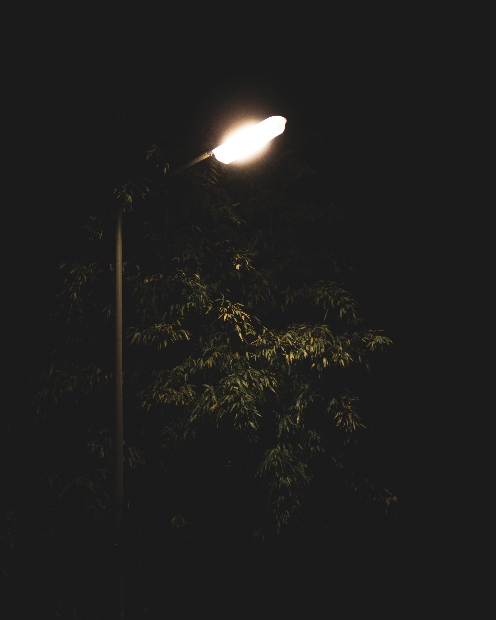In today’s world, where every penny counts, finding ways to save on electricity bills is a top priority for many households and businesses. One popular question that often arises is, “Is electricity cheaper at night?” This inquiry stems from the idea that electricity prices may fluctuate throughout the day. In this blog post, we will explore the concept of time-of-use electricity pricing and delve into the factors that make electricity potentially cheaper during night-time hours. We will also provide tips on how you can take advantage of these off-peak rates to reduce your energy costs significantly.
Understanding Time-of-Use When Electricity is Cheaper:
Time-of-Use (TOU) pricing is a billing method used by many electricity providers to charge customers different rates based on the time of day. While TOU pricing can vary from one provider to another, it generally involves three distinct time periods: peak, off-peak, and shoulder hours. The key to understanding why electricity might be cheaper at night lies in the differences between these pricing tiers.
- Peak Hours: Peak hours typically occur during the daytime when electricity demand is at its highest. During these hours, electricity rates are at their highest because the grid is under maximum stress. People are using electricity for various activities such as cooking, working, and running appliances.
- Off-Peak Hours: Off-peak hours, on the other hand, occur during the nighttime when electricity demand is significantly lower. Electricity providers may offer lower rates during these hours to encourage customers to use electricity when the grid is less strained.
- Shoulder Hours: Shoulder hours bridge the gap between peak and off-peak hours. Rates during shoulder hours are usually moderate, falling between the peak and off-peak rates.
Why Is Electricity Cheaper at Night?:
Electricity is often cheaper at night primarily due to reduced demand and lower operating costs. Here are some key reasons:
- Decreased Demand: During the night, most people are asleep, and commercial activities are minimal. As a result, overall electricity demand decreases significantly. With fewer appliances and machines running, there is less strain on the grid. Electricity providers pass on these cost savings to consumers by offering lower rates during off-peak hours.
- Increased Renewable Energy: Many regions generate a significant portion of their electricity from renewable sources like wind and solar. These sources tend to be more abundant at night (e.g., wind turbines often produce more electricity when the wind is stronger at night). Since renewable energy sources have lower operating costs, their contribution during the night can drive down electricity prices.
- Reduced Transmission and Distribution Costs: The cost of transmitting and distributing electricity can be lower at night due to reduced congestion on power lines and less wear and tear on infrastructure.
- Incentives for Load Shifting: Electricity providers encourage load shifting, which means using electricity during off-peak hours. They do this by offering lower rates, which can be a significant incentive for consumers to perform energy-intensive tasks, such as running appliances or charging electric vehicles, at night.
Making the Most of Night-time Electricity Rates
To maximise your savings during off-peak hours, consider the following tips:
- Shift Energy-Intensive Tasks: Schedule tasks like laundry, dishwashing, and charging electric vehicles to occur during off-peak hours.
- Invest in Programmable Appliances: Upgrade to appliances that allow you to set timers or use smart technology to run them during off-peak periods automatically.
- Explore Time-of-Use Plans: Contact your electricity provider to inquire about TOU plans and see if they offer options that align with your energy consumption habits.
- Monitor Your Usage: Use energy monitoring devices to track your electricity usage in real-time and identify opportunities to reduce consumption during peak hours.

Off-peak business energy, characterised by lower electricity rates during specific time periods when demand is reduced, can empower businesses to strategically plan energy-intensive tasks, such as manufacturing or data processing, to minimise expenses and improve their bottom line.
In conclusion, electricity can indeed be cheaper at night due to various factors, including decreased demand, increased renewable energy generation, and lower transmission costs. By understanding time-of-use pricing and making strategic changes to your energy consumption habits, you can unlock substantial savings on your electricity bills. Embracing off-peak hours can not only benefit your wallet but also contribute to a more sustainable and efficient energy grid. So, if you’re looking to cut costs and reduce your carbon footprint, consider taking advantage of the night-time electricity rates offered by your provider.